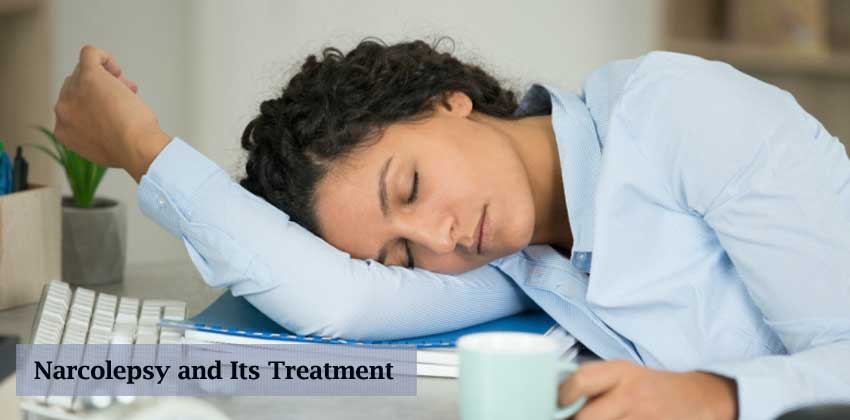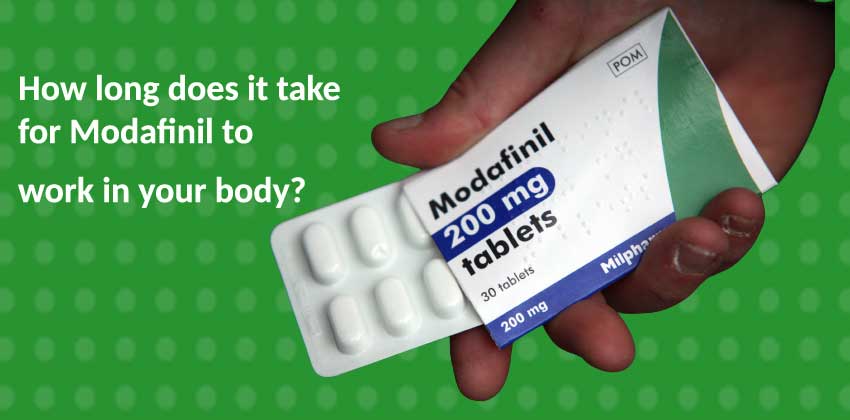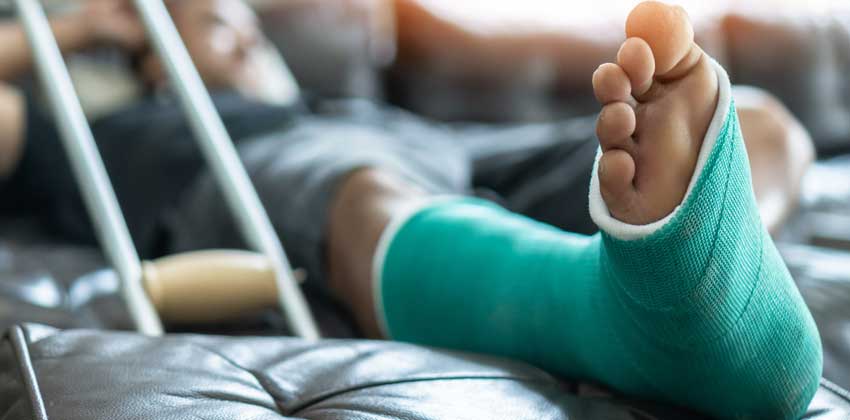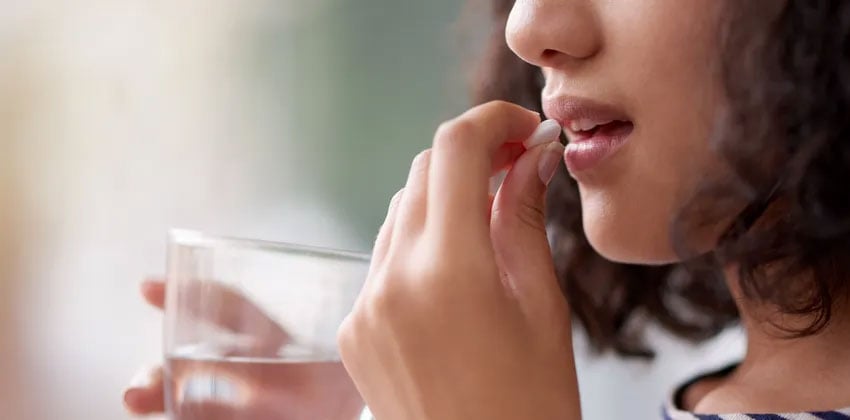-
Choose Store:


- Track Your Order
- My Account
- My Wishlist
- Log In
Know About Benign Prostatic Hyperplasia
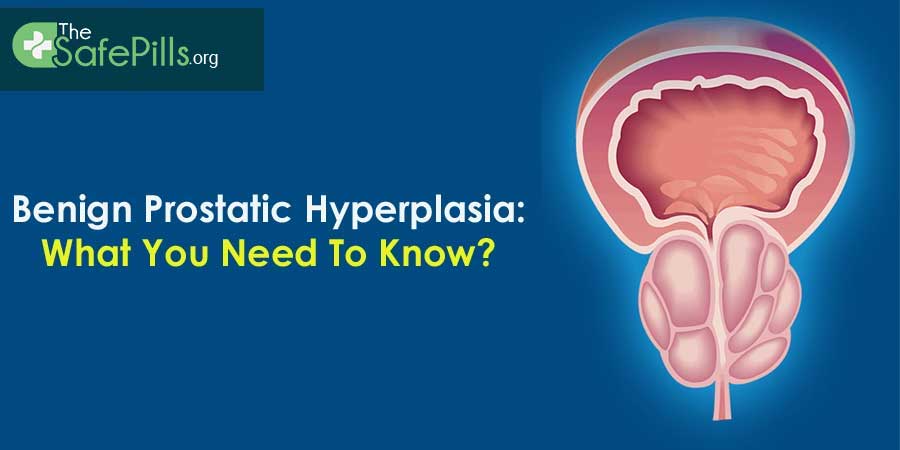
As you grow old, several diseases start to grow in your body. Benign Prostatic Hyperplasia or BPH is a common issue that develops with age in men. According to studies, 50% of men between the age of 51 and 60 are likely to be diagnosed with BPH. This possibility increases further with age.
However, with the right lifestyle choices, BPH can be prevented. Also, it is a curable disease under proper medical attention. Let’s know everything about it.
What is BPH?
The prostate gland in men starts growing in two different stages, the puberty stage, and the adult stage. In the puberty stage, it gets double the initial size. The next growth starts around the mid-20s and continues for the rest of the life. Benign Prostatic Hyperplasia is the condition when the size of the prostate gland and associated tissues get big enough to cause medical damage to the body.
This gland is a generally Walnut-sized organ located just below the bladder. It is responsible for producing semen, a fluid that protects the sperm during ejaculation. With the increased size, the prostate can be as big as an Orange. As a result, other adjacent organs like the urethra get squeezed. Also, the bladder can get thicker, and over time, it may lose the ability to empty completely.
All these problems may lead to something even more serious. Without further delay, understand all the causes behind BPH.
What Causes Benign Prostatic Hyperplasia (BPH)?
Apart from the age factors, there are some other potential conditions that can develop BPH or accelerate its growth. Here are all the reasons you need to note-
Hormonal Changes
With increasing age, testosterone gets converted to its derivative dihydrotestosterone (DHT) hormone at a better rate. DHT may lead to an increased growth of the prostate cells followed by gland enlargement.
Hormonal imbalances
Obesity and diabetes can cause a hormonal imbalance in the body. This imbalance can further develop Benign Prostatic Hyperplasia.
Inflammation
Prostatitis is a condition that involves inflammation of the prostate gland. Chronic inflammation of the prostate gland is one of the types of Prostatis that can participate in the development of BPH.
Symptoms of BPH
- Urination or the increased frequency of peeing along with urgency is one of the most common symptoms of BPH.
- Incomplete or unsatisfied bladder emptying is another symptom. In this case, it feels that your bladder is full even after passing the urine.
- Trouble to start peeing or straining is another common symptom where it requires an additional push to pass the urine every time.
- A weak stream of urine or starting and pausing urine several times is a serious symptom of Benign Prostatic Hyperplasia.
- Dribbling is a symptom where men experience an involuntary loss of urine right after completing peeing or after leaving the toilet
- Intermittency is another symptom where you need to stop and start peeing as the urine does not come out completely at once.
- Nocturia is a rare symptom of BPH where the urgency of urinating increases at night.
- Spotting blood in the urine flow is another rare symptom of an enlarged prostate.
- UTI or Urinary Tract Infection is a condition that may indicate Benign Prostatic Hyperplasia.
Risk Factors
There are several factors that may elevate the chance of getting a BPH. Knowing them beforehand can help to take the precaution mentioned in the next section.
If there is any family history, there is a chance of getting diagnosed with BPH. Also, lifestyle and diet play a role in this disease. An inactive lifestyle, a high-fat diet may raise the risk of enlarged prostate. Men with erectile dysfunction should also get a prostate exam as there is an associated possibility.
How to Prevent BPH?
As Benign Prostatic Hyperplasia develops with age, there are no hard-and-fast rules to prevent this condition completely. However, some precautions would help to treat the problem easily and make the symptoms alleviate.
A healthy lifestyle always helps to keep the body young for a long time. So a healthy and balanced diet with regular physical activities is mandatory. It not only reduces the possibility of BPH but keeps the health safe from other diseases. Limiting caffeine and alcohol consumption would help to reduce BPH as excessive intake may irritate the bladder and worsen the symptoms. Also, it is important to keep the body hydrated and urinate without waiting for a long time.
Regular medical check-ups and following the doctor’s advice are a must. Some medicines like decongestants and antihistamines can boost the symptom of BPH. So it is better not to take them without a proper prescription.
How does BPH Affect the Health?
Benign Prostatic Hyperplasia can be the reason for some complications in the body, if not treated properly. These complications are:
UTIs: Urinary Tract Infections can take place as a man becomes unable to empty the bladder fully. It lets the harmful bacteria stay in the urinary tract and develop further infections.
Bladder Stone: When there is a problem to empty the bladder, minerals in concentrated urine crystalize and form kidney stones. These stones may cause bladder irritation, blood in the urine, and blockage in the urine flow.
Bladder Damage: The damage takes place due to severe stretch of the bladder. It happens due to a non-empty bladder. As a result, the muscular wall of the bladder gets weaker followed by poor urine flow.
Kidney Damage: UTIs can reach the kidneys and spread infection. Also, extra pressure on the kidney to empty the bladder may cause damage.
Also, note that BPH is a non-cancerous condition but it can cause serious urinary symptoms due to the enlargement of the prostate. It can further put pressure on the urethra and obstruct urine flow.
BPH Treatment with Medicines
The most common way to treat BPH is through medicines. Although there are other options like surgery, laser therapy, Prostate life, Embolization, WVTT or Water vapor thermal therapy, etc. This treatment process can only be decided by someone professional. Here are the type of medicines for BPH:
Alpha Blocker: Medicines like alfuzosin (Uroxatral), silodosin (Rapaflo), doxazosin (Cardura), tamsulosin (Flomax), and terazosin are known as Alpha blockers. These are used to treat BPH by relaxing the muscles in the bladder and prostate. Although there are some side effects like dizziness or retrograde ejaculation, Alpha-blockers are clinically proven medicine to treat BPH issues.
5-alpha reductase inhibitors: finasteride (Proscar) and dutasteride (Avodart) are examples of 5-alpha reductase inhibitors that work by preventing hormone changes. These medicines would shrink the prostate gland and reduce BPH. Unlike Alpha-blockers, these medicines take more time (about six months) to work properly. Also, they may cause some sexual side effects in the body.
Sometimes. Doctors prescribe taking both Alpha-blocker and 5-alpha reductase inhibitors at the same time as a combination therapy if the single medicine fails to work effectively.
Tadalafil: Although Tadalafil (Cialis) is a medicine to treat erectile dysfunction in men, it can also treat BPH to some level.
Conclusion
Holding up to the medical issues as you grow old should not be an option. With medical advancement, BPH became a curable disease. All it requires is some precautions and following medical advice from time to time. Consequently, this disease won’t be a huge deal anymore.


